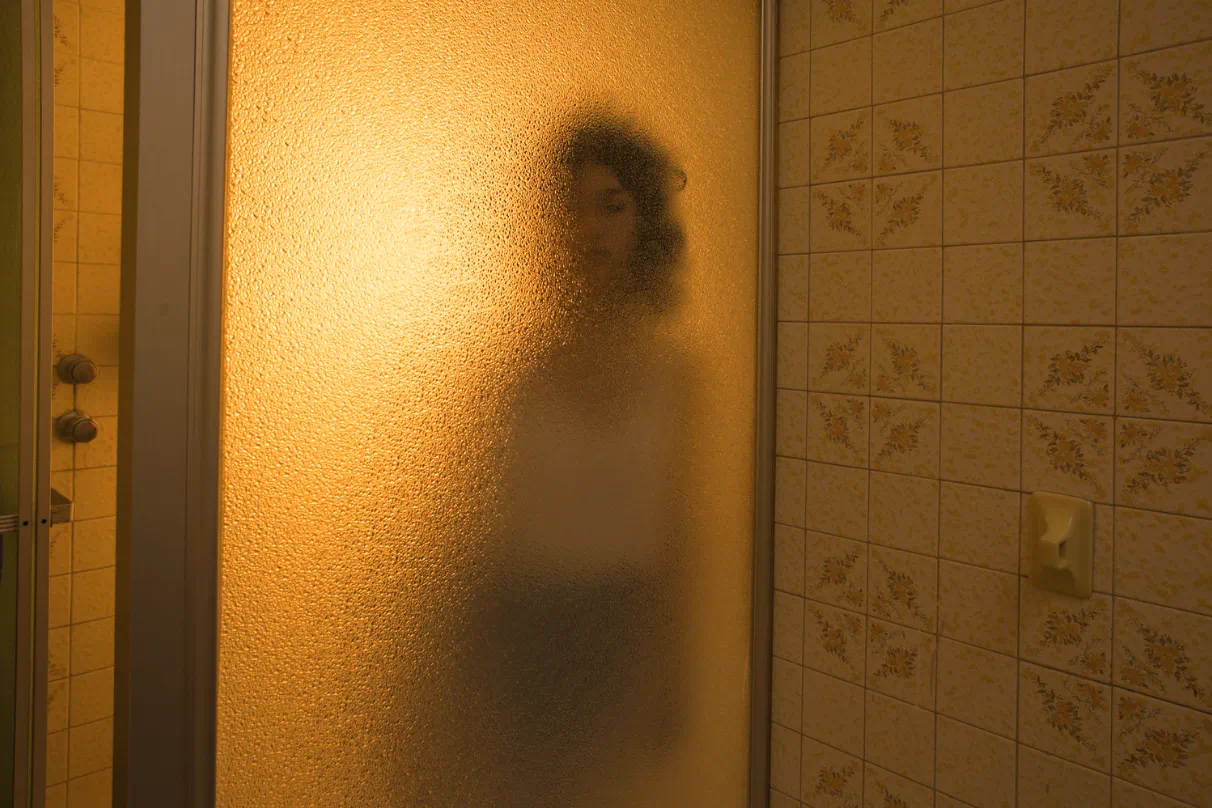现在,在爱之后,你和我重新学习
基本的风景,就像一幅
原派绘画,如其呈现
仅此而已——铁路、松林、水槽,
与文学无关之物。很快
适度的审美距离将会
体现,而我们将描述
那些颤动和呻吟。与此同时
让我们凝望着窗外,十月的
日落,又一个明媚日子的
结束。我们应该感激
为那些小小的恩惠:于是,月亮,
那古老的引擎之司机,来了,拖着她的
星辰的货物,穿过辽阔天空的大草原。
作者 / [以色列]摩西·道尔
翻译 / 李以亮
Now, after love, you and I relearn
the fundamental landscape, a naïve
painting that is nothing more
than it appears – railroad, pine grove, water tank,
the irrelevance of literature. Soon
the proper aesthetic distance will
assert itself and we’ll describe
those shivers and moans. Meanwhile
let us gaze out the window at the October
sunset, and the end of another
luminous day. We should give thanks
for small favors: here comes that old
engine driver, the moon, hauling her cargo
of stars across the vast prairie of sky.
by Moshe Dor
translated by Barbara Goldberg
“贤者时间”下的观察毕竟和平素不一样,风景和事物都复原到天真朴素的“基本状态”。所谓“原派绘画”,大概就是指的那么一种天真派的艺术吧,事物回到它的表象所呈现的样子。
这个时候,现实是高于文学的,或者与文学无关。适度的审美距离就这么出现了。至于那些颤动和呻吟,我宁愿理解为自然万物在天真状态下的那种的颤动和呻吟,万籁之声。所以应该感激什么呢?无疑的,正是这自然回到本初状态下的馈赠:月亮、星辰和天空。
荐诗 / 流马

近期评论